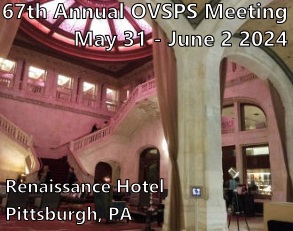<< Back to the abstract archive
Awareness and Utilization of Spaced Repetition in Plastic Surgery
Zachary A. Koenig, Joshua T. Henderson, Sebastian M. Brooke
West Virginia University
2023-02-08
Presenter: Zachary A. Koenig
Affidavit:
The material in this abstract has not been presented or published previously. The resident completed over 50% of the project.
Director Name: Kerri Woodberry, MD
Author Category: Resident Plastic Surgery
Presentation Category: Clinical
Abstract Category: General Reconstruction
Introduction
Becoming a successful plastic surgeon necessitates a broad knowledge base . Further complicating this process is the increasing number of core concepts. Spaced repetition can remedy this by presenting facts at unique intervals to drive retention. However, we hypothesize that spaced repetition is underrecognized and underutilized.
Methods
Surveys were created to query attendings and residents for preferred learning and teaching styles, time spent studying, barriers to effective studying, and subjective competency of plastic surgery disciplines.
Results
All residents (6/6) and attendings (5/5) from our institution completed their respective surveys. Most residents (50%) ranked practice questions as their preferred resource for general studying, while most attendings (60%) prefer textbooks. Most residents (66%) ranked textbooks as their preferred resource for case preparation, whereas attendings (50%) prefer review articles. All residents (100%) and 60% of attendings are familiar with applications for spaced repetition. Additionally, all residents (100%) explored spaced repetition for test preparation and agreed that the creation of a spaced repetition algorithm for plastic surgery would enhance education. Most residents (66%) report not using spaced repetition because they know what works for them. Most attendings (80%) report their primary reason for not utilizing space repetition applications is not being familiar with application interfaces.
Conclusions
Spaced repetition platforms facilitate the optimization of time and can decrease discrepancies between reported and estimated hours of study, as digital flashcards are available on mobile devices. The differences in awareness of spaced repetition interfaces might be due to resource availability at the time of primary training.



